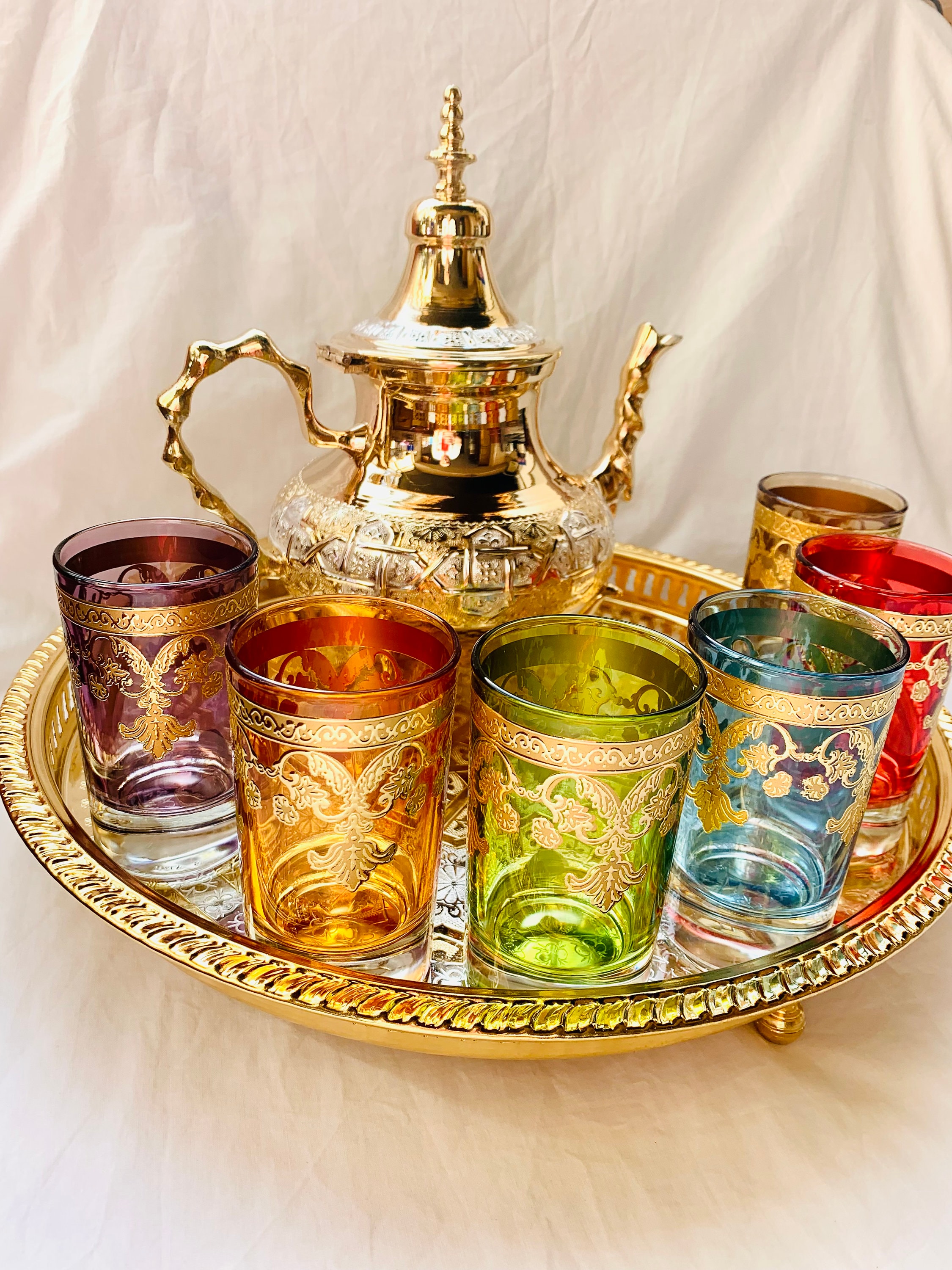Moroccan Olive Leaf Tea: The Mediterranean Wellness Brew Quietly Gaining Global Attention in 2025
The Rise of Moroccan Olive Leaf Tea in 2025
In 2025, Moroccan Olive Leaf Tea is making waves in the global wellness scene. Once a cherished local remedy in Morocco, this Mediterranean brew is now being embraced by health enthusiasts and tea lovers worldwide. Its subtle, earthy flavor and impressive health benefits have propelled it from traditional Moroccan households to trendy cafes and wellness shops across Europe, North America, and Asia.
Unlike the more familiar Moroccan mint tea, olive leaf tea is crafted from the leaves of the olive tree, a symbol of peace and longevity in Mediterranean culture. The tea is naturally caffeine-free, making it a soothing choice for any time of day. As more people seek natural, functional beverages, Moroccan Olive Leaf Tea is quietly becoming a staple in the global wellness movement.

Origins and Cultural Significance
Moroccan Olive Leaf Tea has deep roots in the rural communities of Morocco, where olive trees have been cultivated for centuries. The olive tree is revered not only for its fruit and oil but also for its leaves, which have been used in traditional medicine for generations. Locals have long brewed olive leaves into a gentle, restorative tea believed to support overall health and vitality.
In Moroccan culture, sharing tea is a symbol of hospitality and friendship. Olive leaf tea is often served alongside sweet pastries or dried fruits, especially during family gatherings or after a meal. The ritual of preparing and enjoying this tea reflects the country’s appreciation for slow living and mindful wellness practices.
- Symbol of longevity: Olive trees can live for hundreds of years, representing endurance and resilience.
- Traditional remedy: Used for centuries to support immune health and digestion.
- Community connection: Tea ceremonies foster social bonds and relaxation.

Health Benefits Backed by Science
What sets Moroccan Olive Leaf Tea apart is its impressive nutritional profile. Olive leaves are rich in polyphenols, especially oleuropein, which is known for its antioxidant and anti-inflammatory properties. Recent studies have highlighted several potential health benefits of regularly consuming olive leaf tea:
| Benefit | Description |
|---|---|
| Antioxidant Support | Helps neutralize free radicals and protect cells from oxidative stress. |
| Immune Boosting | Supports immune function and may help reduce the risk of infections. |
| Heart Health | May help lower blood pressure and support healthy cholesterol levels. |
| Blood Sugar Regulation | Can assist in maintaining stable blood sugar levels. |
These benefits have been recognized by both traditional healers and modern researchers. As a result, olive leaf extracts are now found in various supplements and wellness products, but the tea remains a natural, enjoyable way to experience these advantages.

How to Brew and Enjoy Moroccan Olive Leaf Tea
Brewing Moroccan Olive Leaf Tea is simple and can be easily adapted to your taste preferences. You can find dried olive leaves at specialty tea shops, Mediterranean markets, or online retailers. Some popular brands include Numi Organic Tea and The Tea Spot, both offering high-quality olive leaf blends.
Here’s a step-by-step guide to making the perfect cup:
- Boil fresh, filtered water.
- Add 1–2 teaspoons of dried olive leaves per cup to a teapot or infuser.
- Pour hot water over the leaves and steep for 5–10 minutes, depending on desired strength.
- Strain and serve plain, or add a slice of lemon or a drizzle of honey for extra flavor.
For a traditional Moroccan touch, pair your tea with dates or almond pastries. The mild, slightly bitter taste of olive leaf tea complements sweet treats beautifully. You can also experiment by blending olive leaves with other herbs like mint or chamomile for a unique twist.

Where to Find and Experience Moroccan Olive Leaf Tea
As the popularity of Moroccan Olive Leaf Tea grows, it’s becoming more accessible worldwide. You can enjoy this wellness brew in several ways:
- Specialty tea shops: Many tea boutiques now offer olive leaf blends, both in-store and online.
- Mediterranean markets: Authentic dried olive leaves can be found in markets specializing in North African or Mediterranean products.
- Wellness cafes: Trendy cafes in cities like New York City, London, and Tokyo are adding olive leaf tea to their menus.
- Online retailers: Platforms like Amazon and iHerb stock a variety of olive leaf teas and blends.
If you’re traveling to Morocco, don’t miss the chance to experience olive leaf tea at a traditional riad or local café. The city of Marrakech is especially known for its vibrant tea culture and welcoming hospitality.

So, as you savor your next cup of Moroccan olive leaf tea, may each sip bring you a taste of wellness and a gentle reminder of the world’s simple, shared joys.
-Hot Water
Comments
Post a Comment